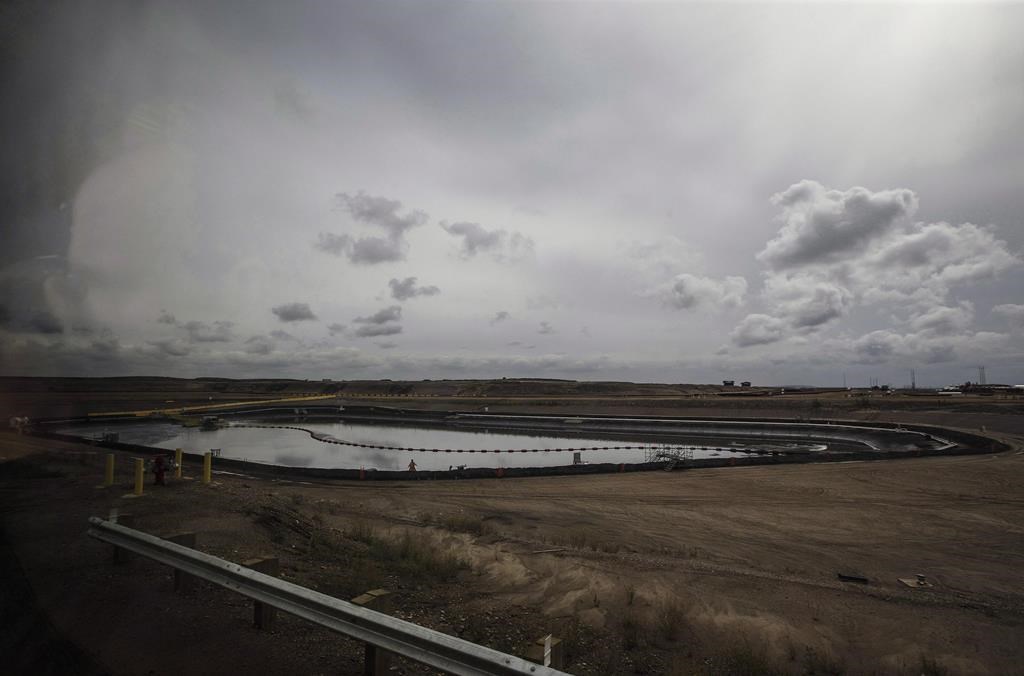‘Our members have been sick’: Canada commits $12M to examine impact of oil sands on Indigenous communities

Posted August 7, 2024 5:14 pm.
Last Updated August 7, 2024 6:50 pm.
Canadian taxpayers will contribute $12 million to study the possible effects of oil sands development on the health of Indigenous people living downstream from the northern Alberta mines.
The federal government announced that commitment Wednesday, to be paid over 10 years, towards the Fort Chipewyan Health Study, along with a promise to provide the help of health professionals and scientists.
“This is paramount to our communities,” said Chief Billy-Joe Tuccaro of Mikisew Cree First Nation.
“We know there are issues, and our members have been sick. We are seeing statistically higher than normal rates for rare diseases such as bile duct cancer. We have to understand the impact of industry on health.”
The study is already underway and is being led by Mikisew Cree First Nation, Athabasca Chipewyan First Nation, and Fort Chipewyan Métis Nation.
“Advancing a community-led health study in the Athabasca oil sands region is critically important to better understanding its potential long-term human and environmental health impacts,” said Steven Guilbeault, Canada’s minister for environment and climate change.
Establishing baseline community health conditions, reviewing new and existing oncology data and monitoring traditional food sources like moose and fish, are included in the study.
“For decades the Peace Athabasca Delta has been treated as a dumping ground for the tar sands industry,” said Chief Allan Adam of the Athabasca Chipewyan First Nation.
Adam is calling on Alberta Premier Danielle Smith to match, with provincial dollars, the $12 million from Ottawa.
“If the premier and her government care about the health of the community and truly believe that Alberta has the best environmental regulations in the world, now is the time to prove it,” he said.
But a spokesperson for the province would not make that promise on Wednesday.
Instead, Alberta has agreed to “explore” a study, a process ongoing since 2020, Ryan Fournier from the environment minister’s office wrote in a statement to CityNews Edmonton.
“We will be seeking more information on the health study announced by the Government of Canada today,” Fournier wrote.
In May, Canada also agreed to more rigorous study of oil sands tailings ponds. Specifically, the feds plan to assess the toxicity of Naphthenic acids, a move also applauded by local First Nations.








